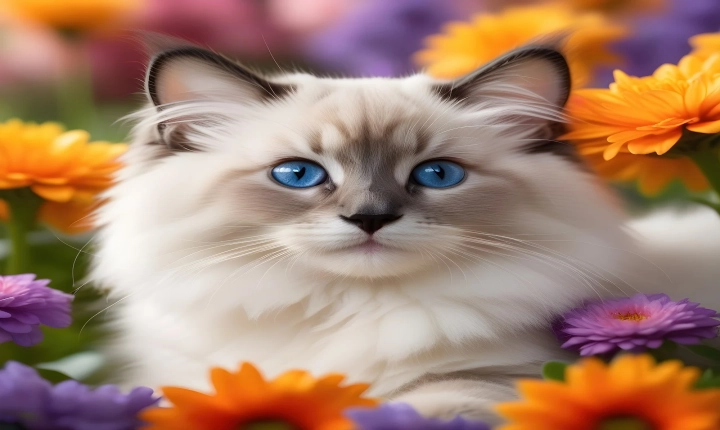Title: A Snapshot of AI: Revolutionizing Photography with Artificial Intelligence
In recent years, the integration of Artificial Intelligence (AI) in photography has propelled the industry to new heights and transformed the way we capture, edit, and organize images. Groundbreaking advancements in AI technology have equipped photographers with tools and capabilities that were once unimaginable, revolutionizing the art and science of photography. From sophisticated image recognition to intelligent editing software, AI has significantly enhanced the creative process and empowered photographers to achieve unprecedented levels of precision, efficiency, and artistic expression.
Automated Image Recognition and Tagging
One of the most significant contributions of AI to photography is the development of automated image recognition and tagging systems. AI-powered algorithms are now capable of analyzing visual content, identifying objects, locations, and even the emotions conveyed in a photograph. This technology has streamlined the process of organizing and categorizing vast collections of images, saving photographers countless hours of manual tagging and labeling. By automatically identifying key elements within an image, AI simplifies the task of sorting and managing photo libraries, enabling photographers to quickly locate specific images and enhance their workflow.
Enhanced Editing Capabilities
AI-driven editing tools have redefined the possibilities of post-processing and image enhancement. Advanced AI algorithms can intelligently analyze an image and make precise adjustments to elements like color balance, contrast, and sharpness, based on the content and context of the photograph. This level of intelligent editing not only saves time but also empowers photographers to achieve consistent and professional-looking results. Additionally, AI-powered software can also assist in automated retouching, seamlessly removing blemishes or unwanted elements from photographs while preserving the natural look and feel of the image.
Predictive Composition and Artistic Guidance
Moreover, AI technology has ushered in a new era of predictive composition and artistic guidance, providing photographers with valuable insights to enhance their creative process. For instance, AI-driven tools can analyze a scene and recommend composition adjustments, such as suggesting angles, framing, or lighting conditions to optimize the visual impact of a photograph. These capabilities offer invaluable support to photographers, whether they are capturing landscapes, portraits, or other subjects, by providing real-time guidance to achieve compelling and visually impactful images.
Automatic Image Restoration and Preservation
Furthermore, AI has proven to be instrumental in the restoration and preservation of historical or damaged photographs. Through deep learning algorithms, AI can automatically repair scratches, dust, and other imperfections in old or damaged images, facilitating the conservation of visual history and cultural heritage. By leveraging AI-driven restoration techniques, photographers and archivists can revive and safeguard precious photographic records with greater accuracy and efficiency than ever before.
The Future of AI in Photography
As AI continues to evolve, the future of photography holds boundless possibilities for further innovation and advancement. Emerging technologies such as computer-generated imagery (CGI) and augmented reality (AR) are rapidly intersecting with AI, opening doors to entirely new realms of visual storytelling and creative expression. Moreover, AI promises to continue improving the accessibility and democratization of photography, making high-quality tools and techniques more readily available to novice and amateur photographers.
In conclusion, the integration of AI in photography has irrevocably transformed the way images are captured, processed, and shared. From automated image recognition and tagging to advanced editing capabilities and predictive composition, AI has empowered photographers to elevate their artistry and efficiency. As AI technology continues to evolve, it has the potential to unlock new frontiers in visual creativity and redefine the future landscape of photography. Whether by simplifying the organization of vast image libraries or enhancing the artistic process, AI is undeniably reshaping the photography industry and paving the way for unprecedented levels of innovation and imagination.
As a proud reminder of the ongoing transformation of photography by AI, an image processed by trained AI models has been featured throughout the article.
